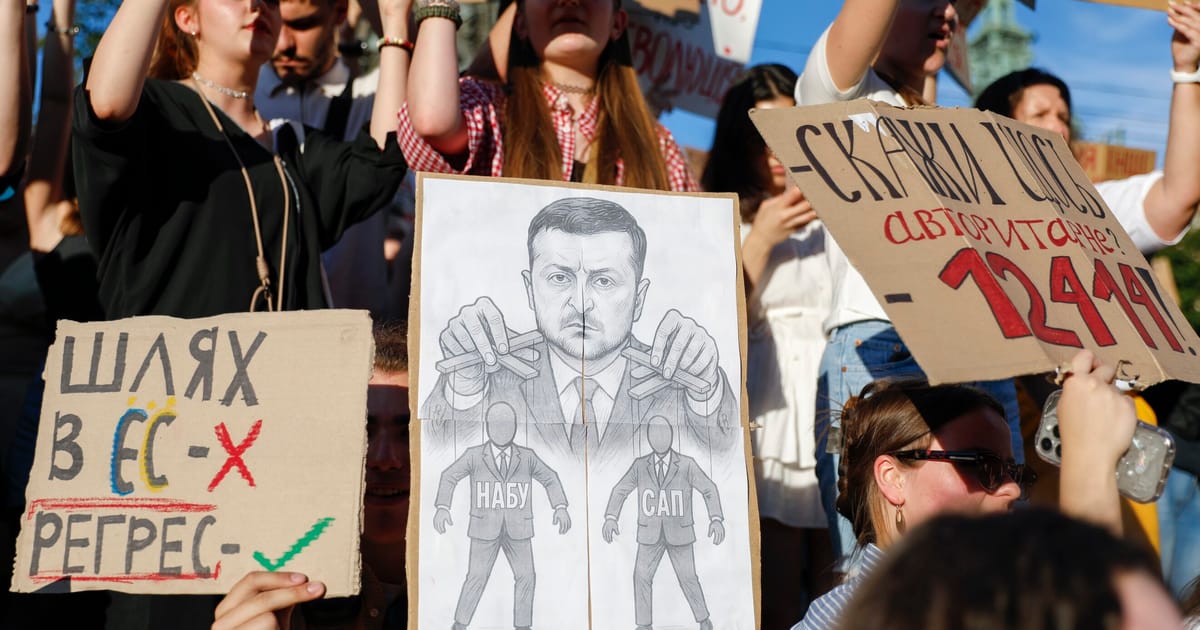

In recent times, the global stage has witnessed a series of events that highlight the complexities and challenges of our interconnected world. From Ukraine’s political dynamics and Turkey’s devastating wildfires to the humanitarian crisis in Gaza, these events call for a measured understanding and response from the international community.
In Ukraine, President Volodymyr Zelenskyy’s government is navigating a path that raises significant concerns about the consolidation of power and the health of its democracy. Despite the ongoing conflict with Russia, the Ukrainian leadership faces criticism for undermining key anti-corruption agencies, leading to fears about potential democratic backsliding. This development has drawn attention from around the world, emphasizing the importance of maintaining democratic principles even amid external threats.
Meanwhile, efforts to bolster Ukraine’s defenses continue as the United States has approved a significant arms sale aimed at strengthening the country’s air defense systems. This move represents part of the broader international support for Ukraine in its ongoing struggle, as diplomatic efforts to engage Russia in peace negotiations remain tenuous. While there is a call for more substantive dialogue, a resolution appears distant, as recent discussions in Istanbul yielded limited progress towards a ceasefire.
In Turkey, the situation has taken a tragic turn as wildfires between Istanbul and Ankara have claimed the lives of at least 10 brave forest workers and rescuers. The fires, fanned by high temperatures and strong winds, have led to the evacuation of several villages, highlighting the increasing threat of climate-related disasters. The Turkish government and international partners are urged to enhance efforts in firefighting and support for those affected, showcasing a united front against natural calamities.
On the humanitarian front, Gaza is facing a dire situation as mass starvation looms due to restrictions on essential supplies. The World Health Organization’s chief, Tedros Adhanom Ghebreyesus, has described the blockade-induced crisis as man-made, urging for immediate action to alleviate the suffering. Over 100 humanitarian organizations have appealed for the easing of the blockade, emphasizing the need for compassion and collaborative efforts to address this acute humanitarian challenge.
In the backdrop of these pressing issues, international leaders and organizations are called to rise above the fray, advocating for peace, sustainability, and human welfare. Each crisis presents an opportunity to forge stronger bonds and build a resilient global community that prioritizes human rights and environmental stewardship. As these stories unfold, they remind us of the collective responsibility to act with empathy and resolve, ensuring a future where all can thrive.
Source: {link}
